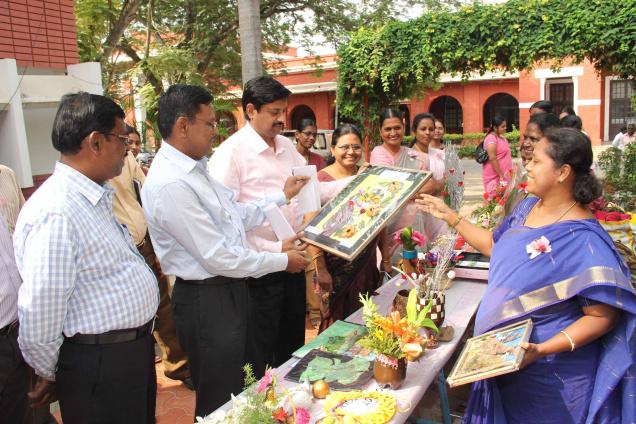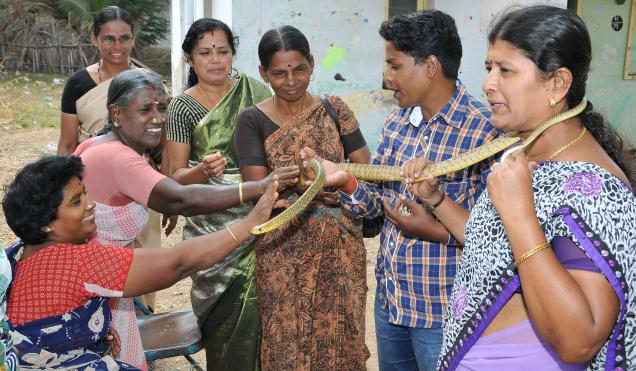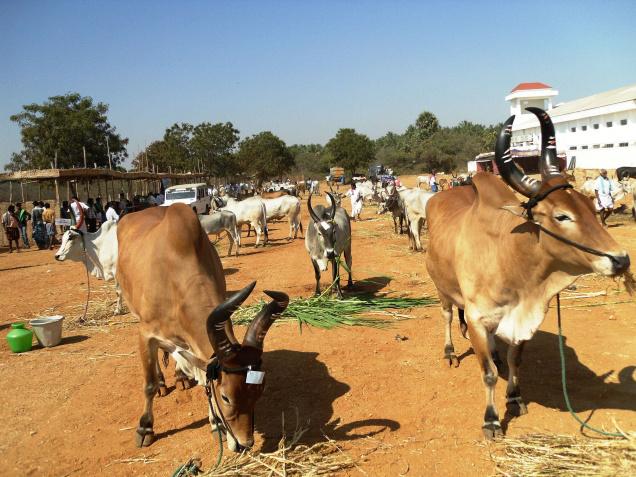Coimbatore :
Tamil Nadu Agricultural University (TNAU) will act as knowledge partner for the state organic farming policy. The draft of the policy which was released recently, will be implemented after Lok Sabha elections in the state. As per the draft, the varsity will be responsible for identifying possible areas where organic farming could be practiced and other farming related activities. The draft policy which was released a month ago will help streamline the various policies associated with the organic farming.
TNAU vice-chancellor K Ramasamy said the varsity will associate in identifying suitable places for organic farming in the state. “Places like Tirunelveli and Gobichettipalayam in Coimbatore have already organic farms under private owneship. We will identify suitable places for farmers in other places also,” he said. Apart from this, the varsity will also help in providing a support system for those interested, including subsidies, seed supply and training. There is a growing demand for organic products. Millet-based products are having a high demand with most of them being sold like hot cakes,” he said. With a proper orientation, organic products can get a better market and consumer base, he said.
TNAU now provides certification for organic farmers. Once fertilisers and pesticides are stopped, it would take three to five years for a farm land to get rid of these chemicals and be eligible for certification. In these are areas the university will provide a stable support system for farmers during the transition period.
A clear policy could help farmers overcome some of the common problems they face while shifting into organic farming. One of the major challenges the organic farmers face is the increase in prices when compared to regular crops. Moreover, organic farming demands more manual labour. There have been instances where many farmers who shifted to organic farming could not find markets and abandoned the practice later. Experts say unless there is a government support in terms of subsidies for seeds and small machinery, farmers may not be able to find the farming profitable. A clear policy is expected to address many of these challenges.
source: http://www.timesofindia.indiatimes.com / The Times of India / Home> City> Coimbatore / TNN / March 23rd, 2014


